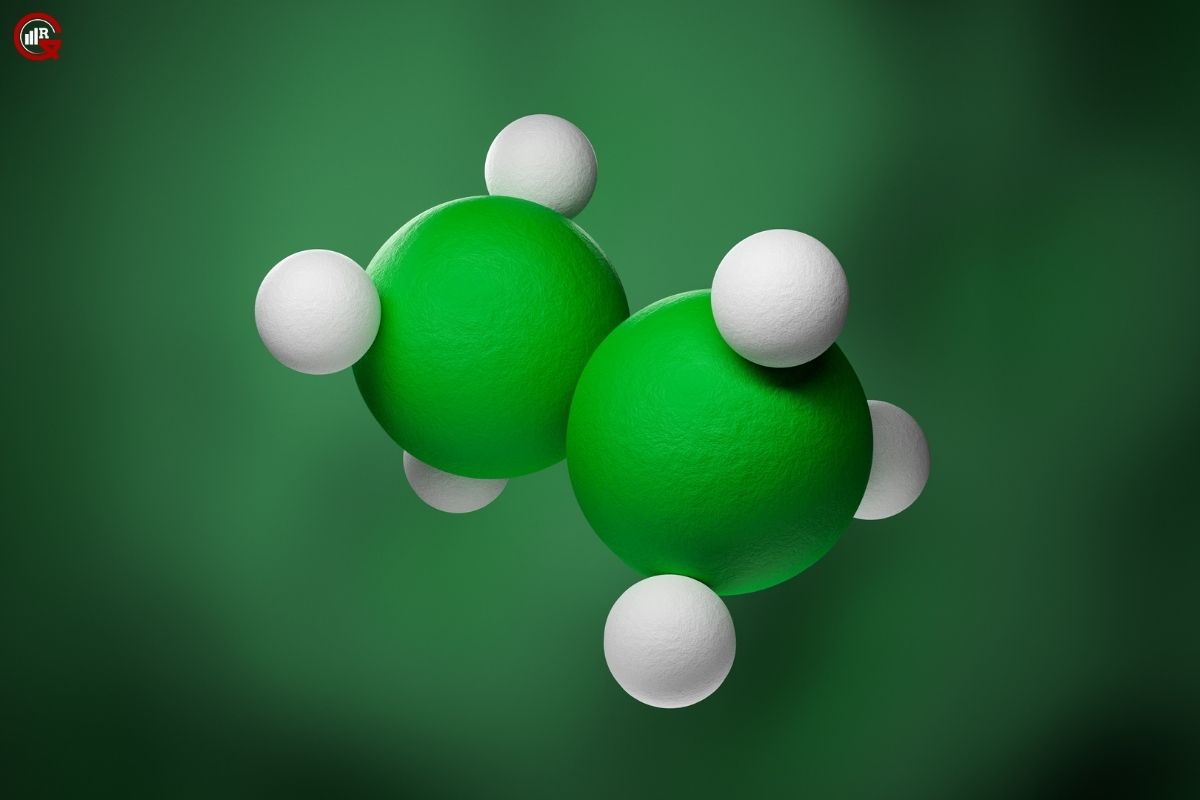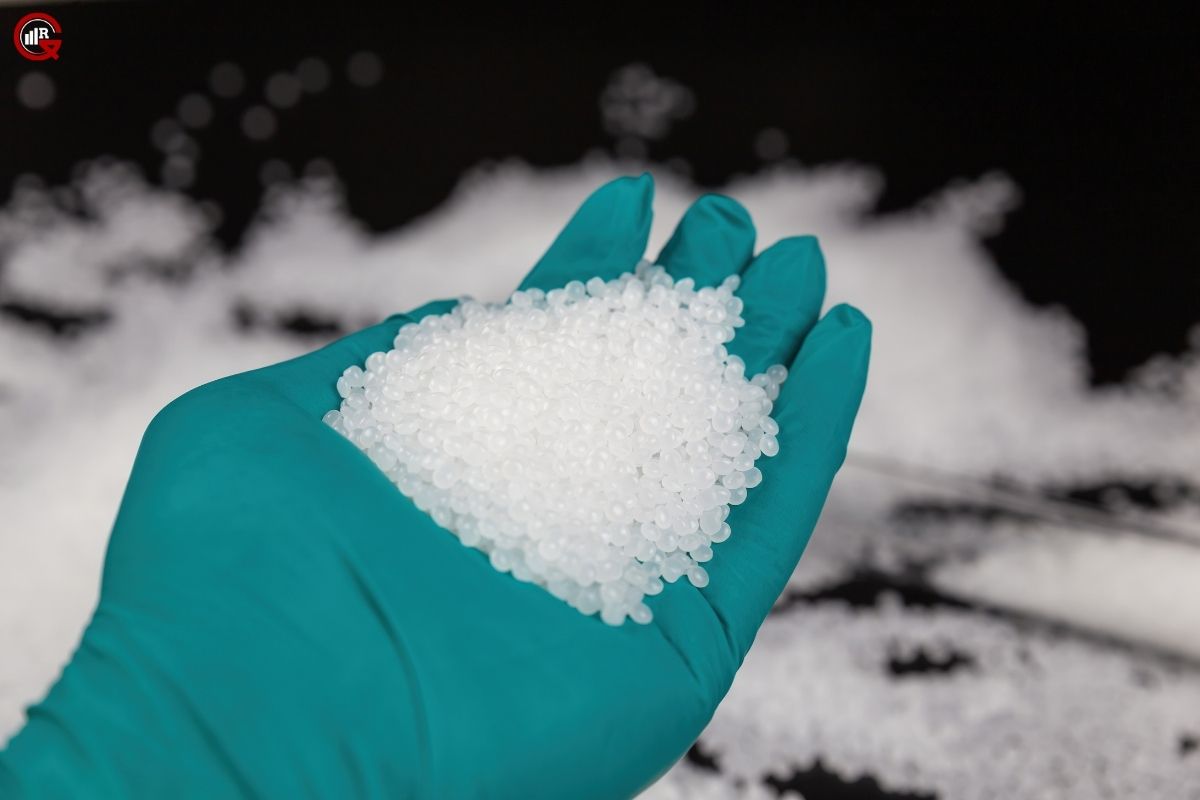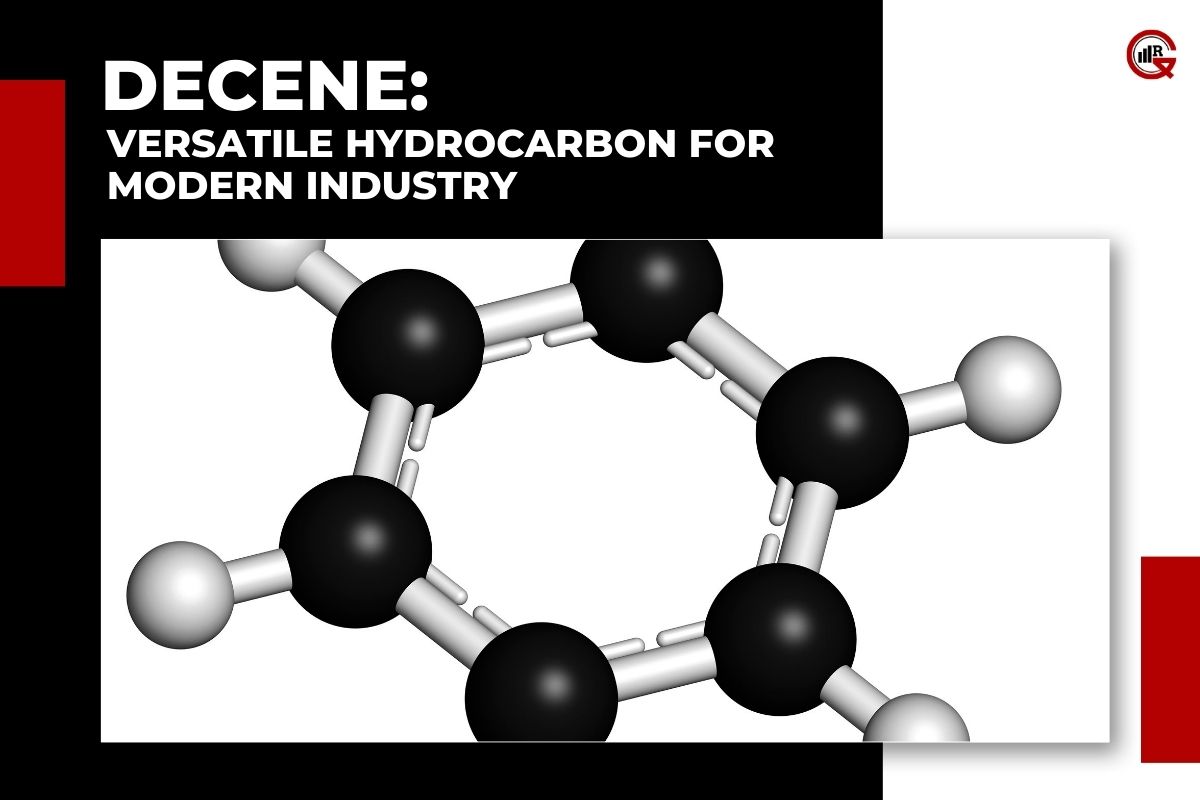Decene is an organic compound belonging to the alkene family, characterized by the presence of a carbon-carbon double bond. Its chemical formula is C10H20, and it exists in several isomeric forms, with 1-decene being the most significant due to its wide range of industrial applications. This hydrocarbon is crucial in the production of synthetic lubricants, surfactants, and various polymers, making it an essential component in modern chemical manufacturing. This article explores the properties, production methods, applications, and future prospects of C10H20, highlighting its importance in contemporary industry.
Properties of Decene
C10H20 is a clear, colorless liquid at room temperature with a mild odor. Its molecular structure includes a straight chain of ten carbon atoms with a double bond typically located at the first carbon atom in 1-decene. This structural configuration gives C10H20-specific chemical properties:
- Molecular Formula: C10H20
- Molecular Weight: Approximately 140.27 g/mol
- Boiling Point: Around 170-172°C (338-342°F)
- Density: Approximately 0.74 g/cm³ at 20°C
- Solubility: Insoluble in water but soluble in organic solvents like alcohols and ethers.
The double bond in C10H20 makes it reactive in various chemical processes, particularly in polymerization and addition reactions, which are fundamental in producing many commercial products.
Production of Decene
Decene is typically produced through the oligomerization of ethylene or by cracking heavier hydrocarbons. Two primary methods are employed:
Ethylene Oligomerization: This process involves the catalytic polymerization of ethylene to form linear alpha-olefins (LAOs), including C10H20. Catalysts such as Ziegler-Natta or single-site catalysts are often used to control the chain length of the oligomers, ensuring a high yield of specific alpha-olefins like 1-C10H20.
Cracking of Hydrocarbons: Thermal or catalytic cracking of petroleum fractions can produce a mixture of alkenes, including C10H20. This method involves breaking down long-chain hydrocarbons into smaller molecules, followed by separation and purification to isolate decent.

After production, C10H20 undergoes purification processes such as distillation to remove impurities and achieve the desired level of purity for industrial applications.
Applications of Decene
Decene’s versatility makes it valuable in numerous industrial sectors, including:
Synthetic Lubricants: One of the primary uses of C10H20 is in the manufacture of polyalphaolefins (PAOs), which are high-performance synthetic lubricants. These lubricants are widely used in automotive engines, industrial machinery, and aerospace applications due to their superior thermal stability, low volatility, and excellent lubricating properties.
Surfactants and Detergents: C10H20 is used as a precursor in the synthesis of surfactants and detergents. Through processes such as sulfonation and alkoxylation, decene-derived compounds contribute to the production of cleaning agents with enhanced emulsifying and foaming properties.
Plasticizers: C10H20 can be used to produce plasticizers, which are added to polymers to increase their flexibility, workability, and durability. These plasticizers are essential in the manufacture of flexible PVC products, including cables, hoses, and flooring materials.
Polymer Production: C10H20 serves as a monomer in the production of certain polymers, including polyethylene and polypropylene derivatives. Its role in these polymerization reactions helps create materials with specific mechanical and chemical properties tailored for various applications.
Chemical Intermediates: As a reactive alkene, C10H20 is used as an intermediate in the synthesis of various chemicals, including fragrances, adhesives, and coatings. Its double bond allows for a range of addition reactions, making it a versatile building block in organic synthesis.

Specialty Chemicals: C10H20 derivatives are used in the production of specialty chemicals such as functional fluids, oilfield chemicals, and textile auxiliaries, contributing to improved performance and efficiency in these applications.
Future Prospects and Innovations
The demand for decent and its derivatives is expected to grow, driven by advancements in technology and increasing industrial applications. Several trends and innovations are likely to shape the future of C10H20 production and usage:
Sustainable Production: With the growing emphasis on sustainability and environmental responsibility, there is a push towards developing greener production methods for C10H20. Research is focused on using renewable feedstocks, such as bio-based ethylene, and implementing more efficient catalytic processes to reduce the environmental impact of C10H20 manufacturing.
Advanced Catalysis: Innovations in catalytic technology are expected to enhance the efficiency and selectivity of C10H20 production. Advanced catalysts with higher activity and stability can improve yields, reduce energy consumption, and minimize by-products.
Nanotechnology: The incorporation of nanotechnology in lubricant formulations is a promising area of research. Nanoparticles can be combined with decene-derived synthetic lubricants to create high-performance nanolubricants with superior tribological properties.
High-Performance Materials: The development of new polymers and materials with enhanced properties, such as higher strength, better thermal stability, and improved chemical resistance, will drive the demand for C10H20 as a key raw material.
Biodegradable Polymers: As the push for biodegradable and eco-friendly materials intensifies, C10H20 could play a role in developing new biodegradable polymers. These materials aim to reduce plastic waste and environmental pollution.

Energy Efficiency: In the context of energy conservation, decene-derived synthetic lubricants can contribute to improved energy efficiency in machinery and engines. Their superior lubrication properties can reduce friction and wear, leading to lower energy consumption and extended equipment life.
Conclusion
C10H20 is a versatile and valuable hydrocarbon that plays a crucial role in modern industry. Its unique properties and reactivity make it indispensable in the production of synthetic lubricants, surfactants, plasticizers, and various polymers. As technology advances and the demand for high-performance materials grows, decene’s importance is set to increase further. Innovations in sustainable production methods, advanced catalysis, and nanotechnology are expected to drive the future development and application of C10H20, ensuring its continued relevance in the chemical industry. Understanding the significance of C10H20 and its derivatives highlights the intricate interplay between chemistry and industry, showcasing the profound impact of this seemingly simple molecule on our daily lives and technological progress.






